The British motorsport landscape had never seen anything like the boom time of the British Touring Car Championship through the 1990s. International drivers and manufacturer-backed programmes flocked to the UK to battle it out for what had become the most prestigious tin-top series on the planet.
The domestic series had seen the writing on the wall for saloon car racing before anyone else and set a trend that, ultimately, the rest of the world followed for a glorious decade. At its peak, there were 10 manufacturer-supported teams in the BTCC, robust television coverage and a phalanx of international stars all chasing the British accolade.
It was a long journey from the decade before. In the 1980s, tin-top racing had been fought out between cars of different specifications and engine capacities all scrapping for honours on the same track.
The champion could come from any one of those intra-class fights, and it had been that way since the British Saloon Car Championship was first contested in 1958.
In 1990, four of the leading players in the competition sat down to map out a future in which it would embrace a changing world: David Richards, who was running the BMW programme with his Prodrive operation; Dave Cook, who was in charge of the works Vauxhall team; Andy Rouse, a master engineer and four-time BTCC champion with strong links to Ford; and leading privateer Vic Lee.
The result was a 2.0-litre-only format. In the days of Filofaxes and the first attainable mobile phones, fleet cars were like gold to road car makers, so this was a rich seam for the BTCC to mine when looking for a style of machine that would appeal to the mass-market manufacturers.
There was another consideration too: the BBC had committed to covering the series in 1988 and the highlights packages that appeared on its flagship Grandstand TV programme were beginning to gain traction with a wider audience. A simpler-to-follow format for broadcasting was a major added bonus.
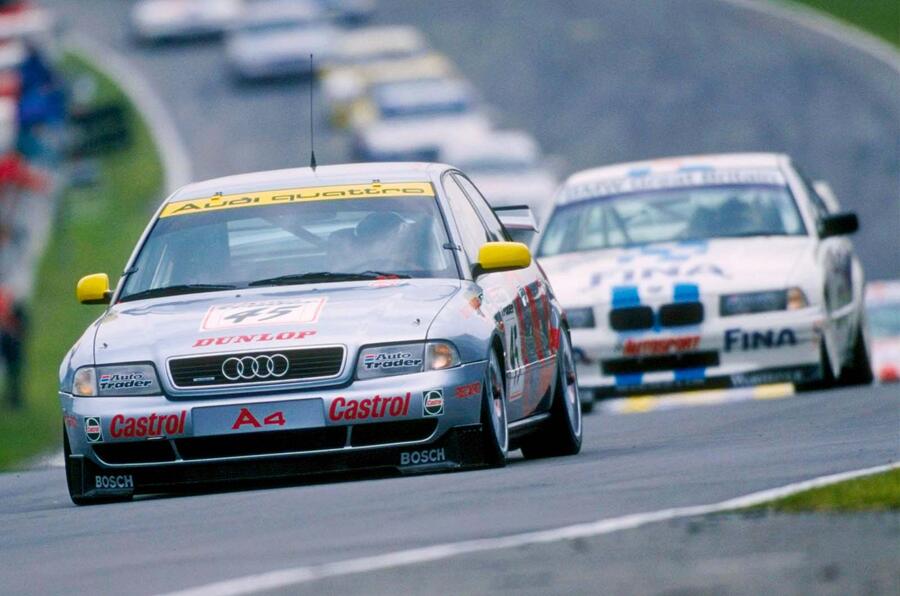
With the brains behind the revolution all running their own teams, Australian Alan Gow was put in charge of overseeing the introduction of the new rules and guiding the newly founded organisational body TOCA in the right direction.
The new-formula cars first appeared in 1990 alongside the outgoing Group A-specification machines before a fully unified field of 2.0-litre cars took to the starting grid at the beginning of 1991.
The success was huge, and it wasn’t long before the global rule makers took notice. In 1993, motorsport’s global governing body, the FIA, adopted the UK’s regulations and named them Super Touring. This British creation went on to dominate the world.

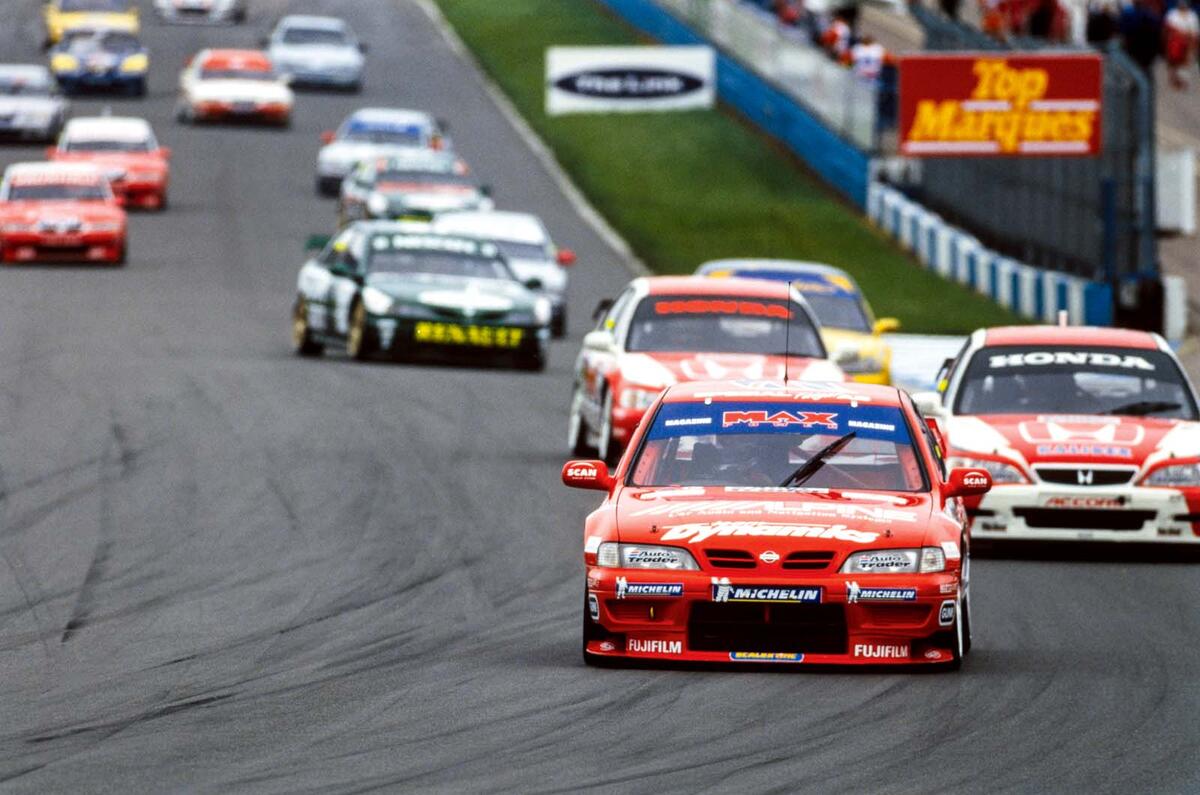
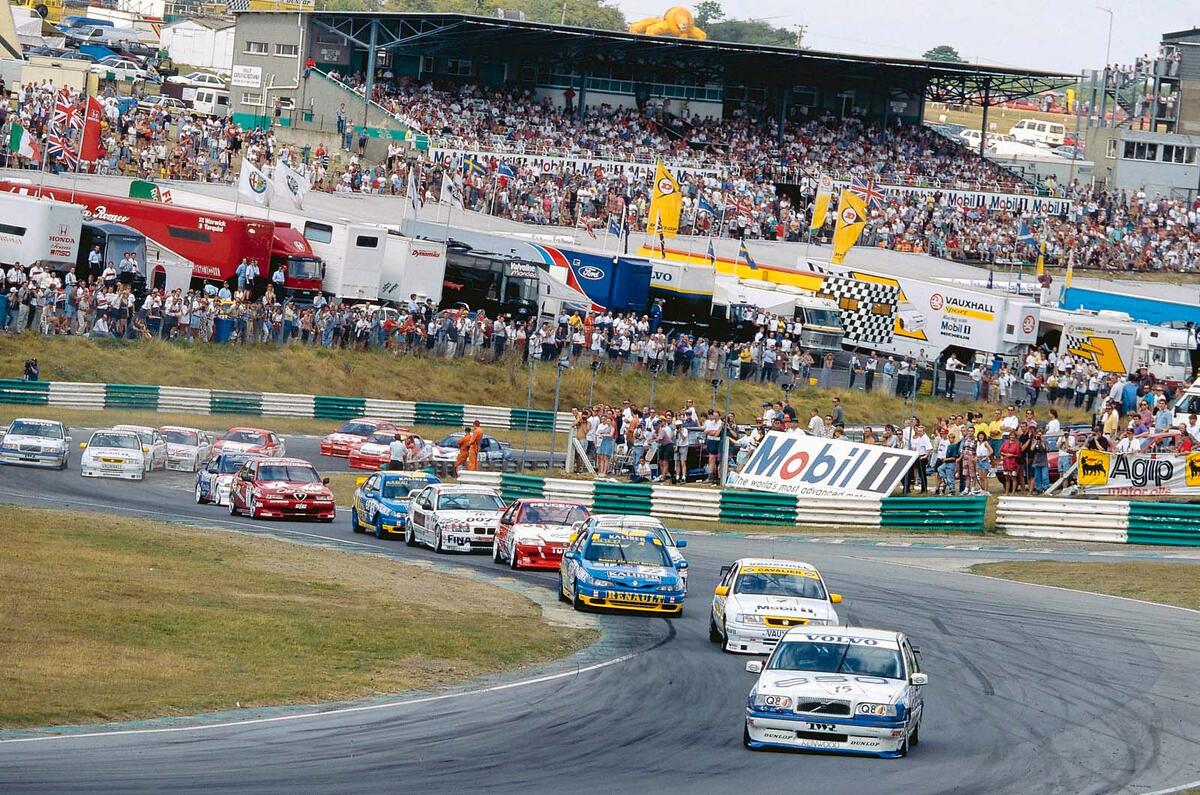
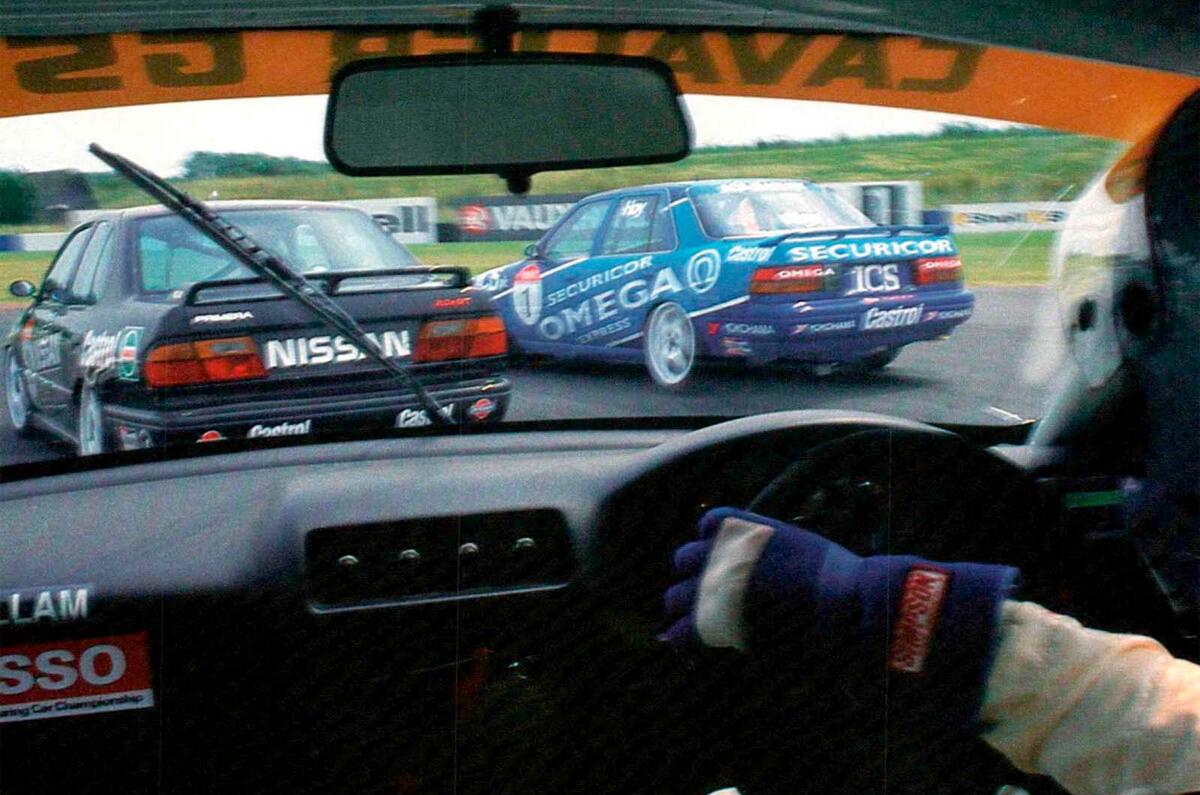
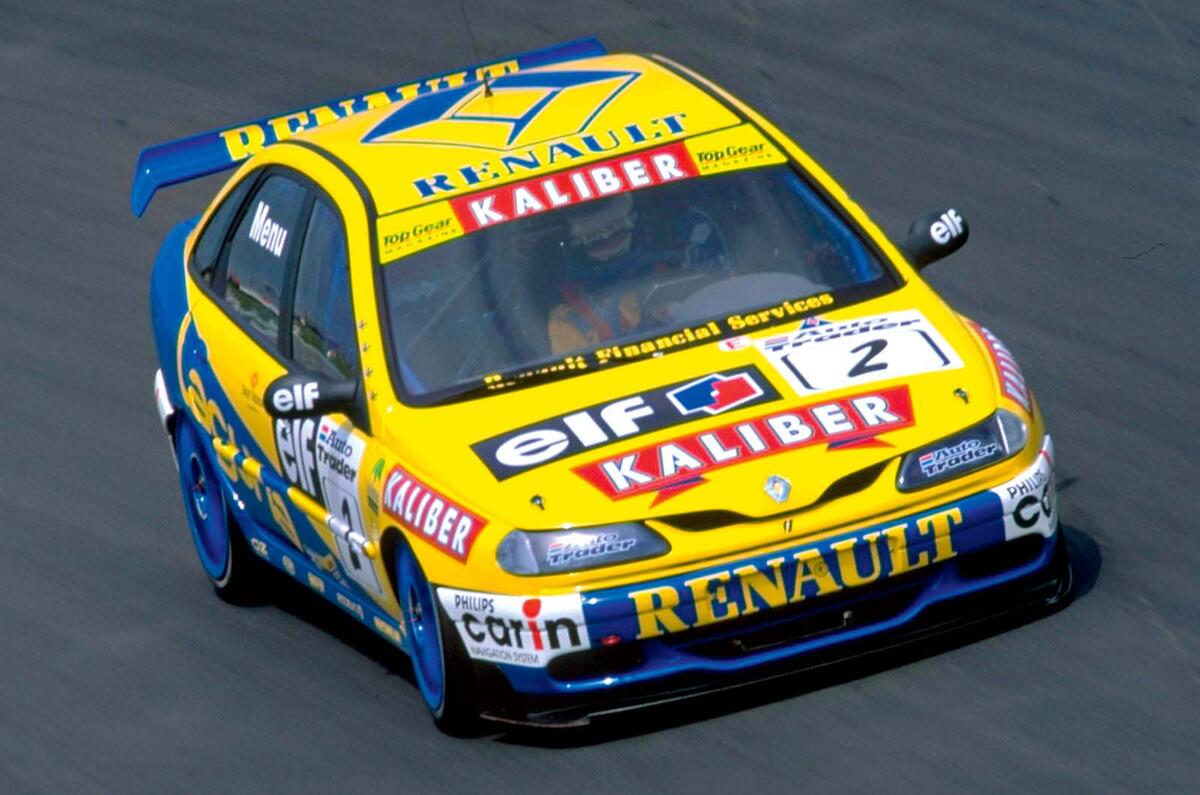
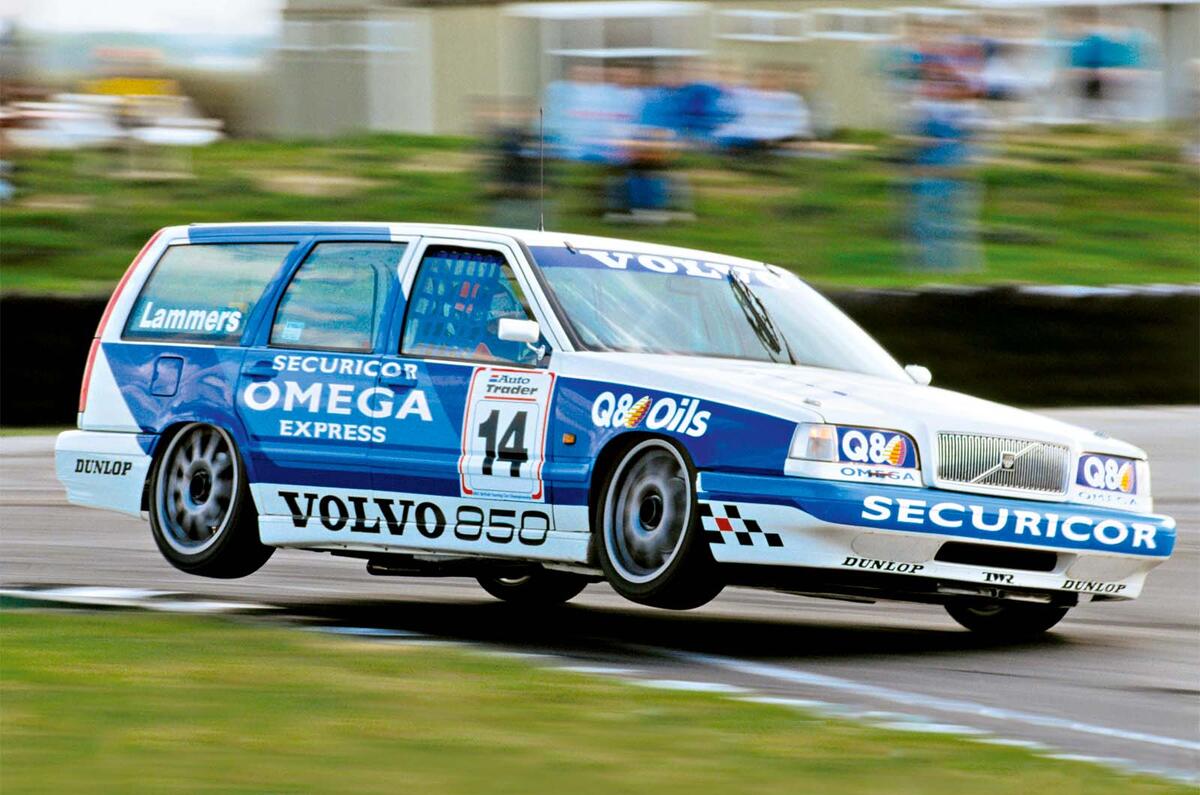


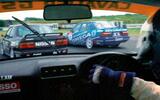



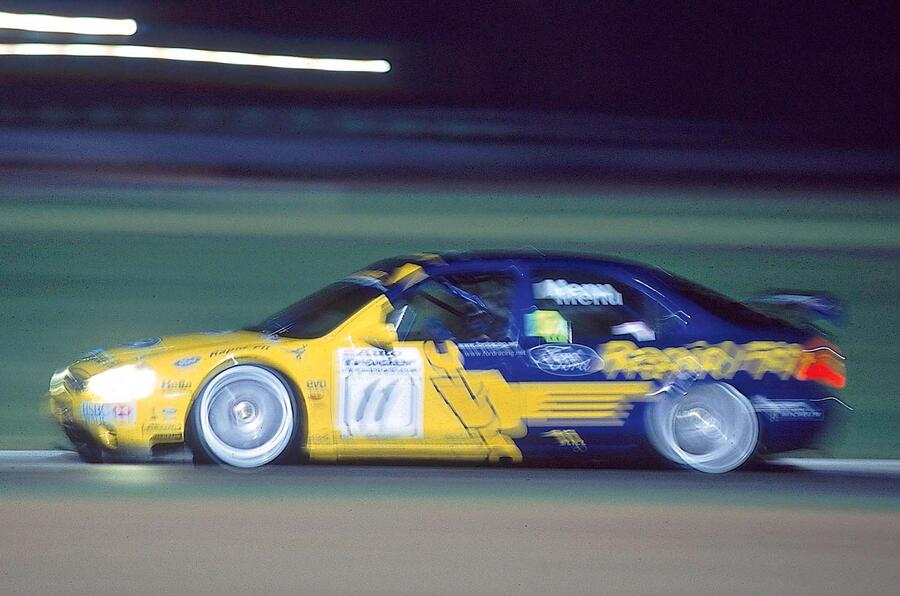
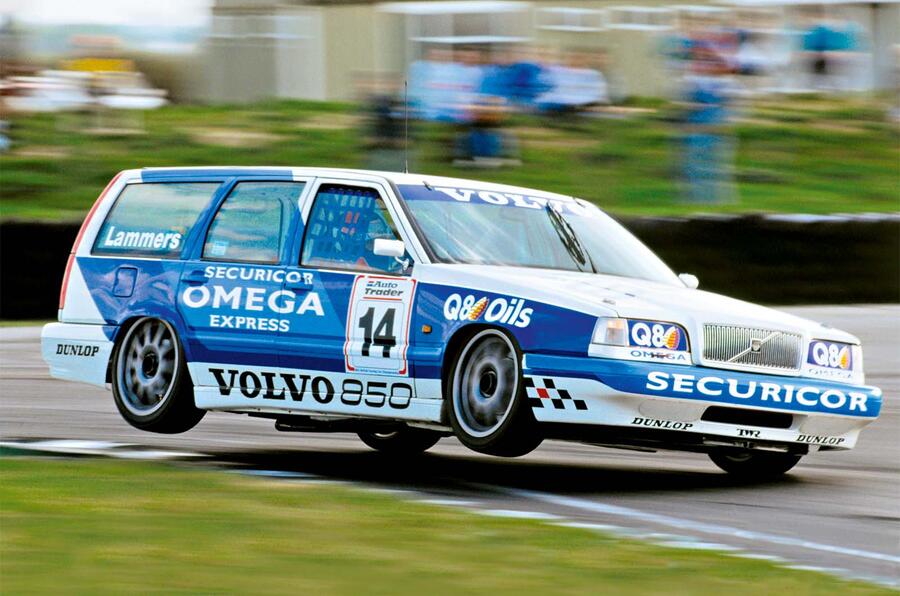
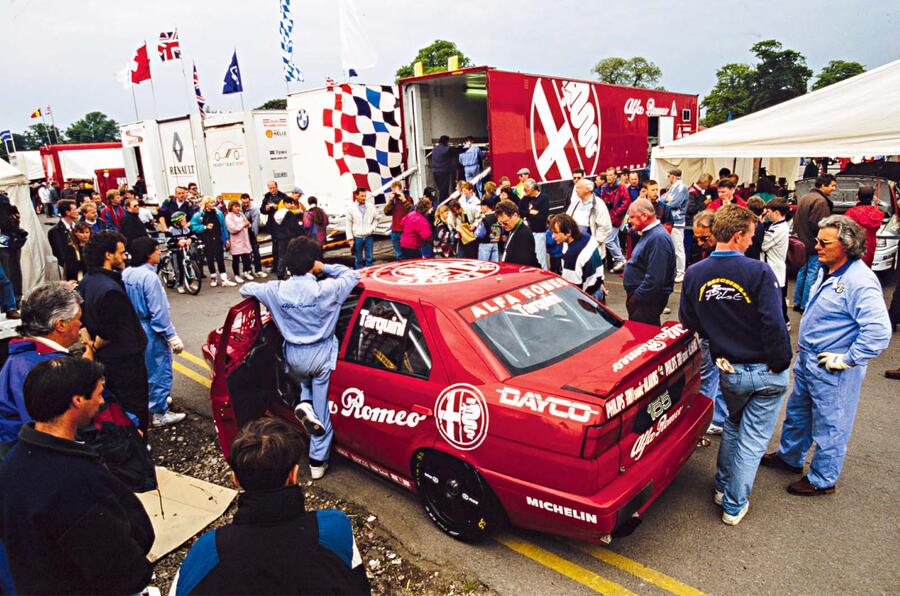

Join the debate
Add your comment
I really like this Peugeot 5008 classic car
The Peugeot 5008 is truly a classic model — it's a pity about French cars.